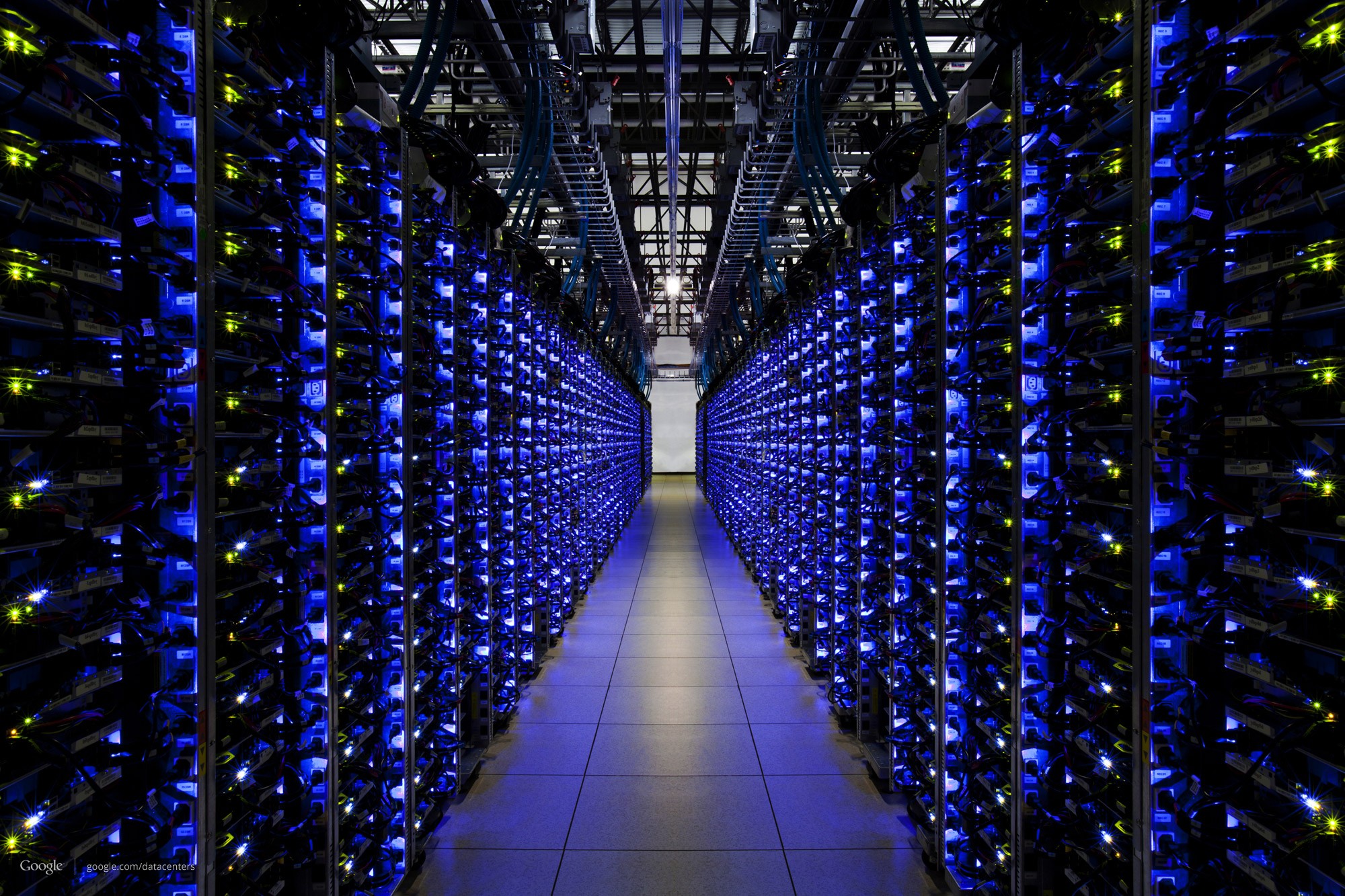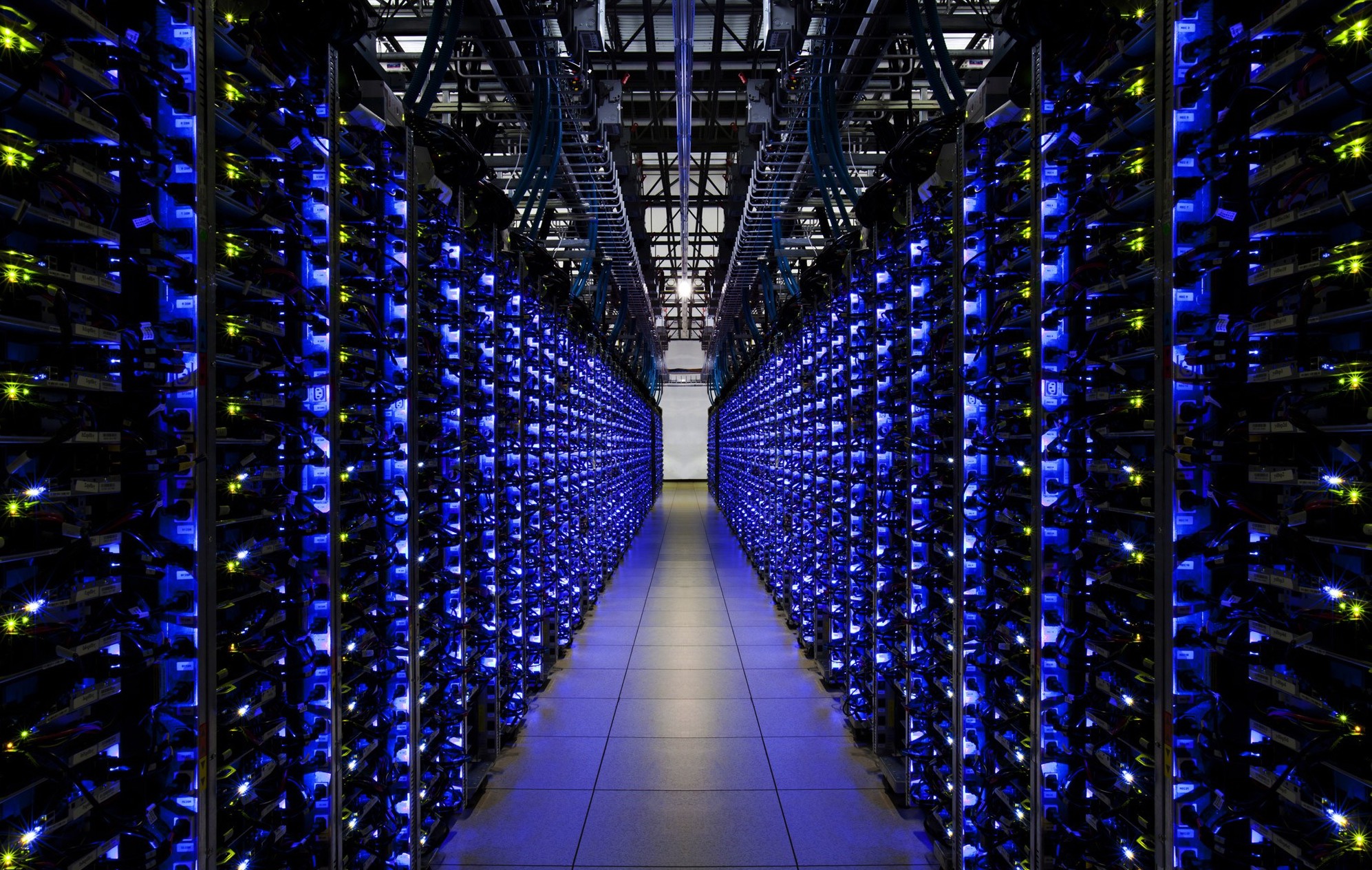Can artificial intelligence replace teachers in near future?
AI • Feb 22,2017

Can artificial intelligence replace teachers in near future?

Artificial intelligence applications are changing our lives. While a lot of examples show how AI is already being used, there is still a lot of room for innovation and new applications. Will artificial intelligence and machine learning replace teachers in near future?
Automation has affected nearly every industry. More than 47% of U.S. employees are at risk of computer automation, according to an Oxford University study and teachers are no longer exempt. While many of the supporting roles in education, from librarians to bus drivers, are facing the imminent threat of being replaced by computers, teachers are being told that they are not being made redundant by technology just yet. Teaching does not have many components which naturally lend themselves to automation, only some 10-20% of teacher’s time according to a recent McKinsey report.
Nevertheless, AI brings speed and low-cost solutions that could substitute for teachers. Repetitive or administrative tasks like scheduling and lesson planning are obvious candidates for AI assistance, so intelligent computers could be used to reduce a number of time teachers spend doing things like marking and searching or organising lesson content.
The Clayton Christensen Institute, a nonprofit, nonpartisan think tank dedicated to improving the world through disruptive innovation, recently released a new report, “Teaching in the Machine Age: How Innovation Can Make Bad Teachers Good and Good Teachers Better.” The report explains that AI machines will not replace teachers, but rather allow schools to address three challenging situations: when schools lack expert teachers, when expert teachers must tackle an array of student needs, and when expert teachers need to teach more than academic content. Ideally, students would be taught using methods that best help them learn.
School teachers could benefit from the assistance of artificial intelligence in classrooms, according to Erskine Visiting Fellow Professor Benedict du Boulay. “Artificial intelligence could be a huge help to teachers in the classroom. I don’t see a future where we have replaced teachers with computers but I think there are times when a teacher is trying to divide attention between a lot of kids and specially designed computer programmes can help fill that gap,” he says.
There’s also an opinion that robots won’t replace teachers because they can’t inspire students. Over time, we’ll have more and more questions that a computer can answer. But whether from fellow students or teachers every human needs to draw inspiration from other people. Of course, not replacing teachers doesn’t mean AI won’t have an effect. Artificial intelligence could heavily influence how the human teacher runs the show, giving that instructor more time to focus on content creation, answering tough questions and inspiration.
The results from schools which have gone for virtual classrooms seem are also disappointing. The National Study of Online Charter Schools, the first major study of this growing sector, has taken a wrecking ball to the idea that pupils learn as effectively in such an online setting. Despite the digital glitz, it concludes that online learning has failed to match the teacher at the front of the class. The report, from researchers at the University of Washington, Stanford University and the Mathematica policy research group, found online pupils falling far behind their counterparts in the classroom. In maths, it was the equivalent of pupils having missed an entire year in school.
AI and machine teaching provide a unique approach to enhance education and personnel training. In principle, researchers can use machine teaching to design the optimal lesson for individual students, which means that teachers shouldn’t be afraid to be fully replaced by technologies in near future. Teachers still play a crucial role in the education process, while some administrative and routine tasks can be replaced by AI and machine learning techniques.
Author: AI.Business
If you like our articles, please subscribe to our monthly newsletter:
[mc4wp_form id=”763″]